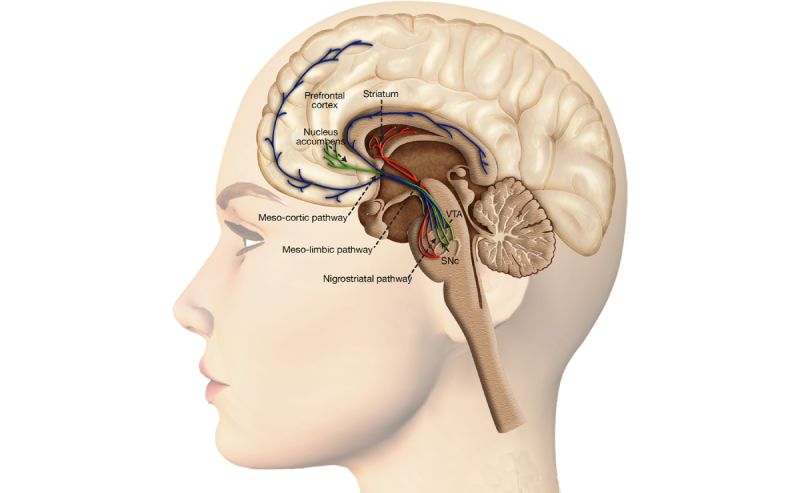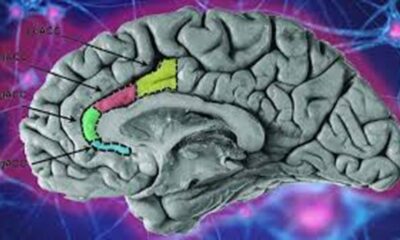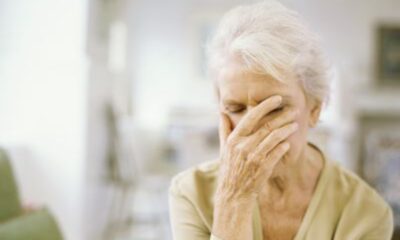Millions of people around the world suffer from depression, which is a common mental health condition. Depression can be particularly difficult to treat in the elderly due to factors like cognitive decline, physical health issues, and taking multiple medications. “Resistant depression” refers to depression that recurs despite treatment with standard antidepressants.
As it can result in a decline in overall health, an increased risk of suicide, and a diminished quality of life, resistant depression in the elderly is a serious concern. Research has demonstrated that alterations in the brain’s dopaminergic system, a crucial neurotransmitter system, may be connected to resistant depression. However, the exact causes of resistant depression are still unknown.
Motivation, reward, and mood regulation are all functions of the dopaminergic system. Changes in this system have been linked to depression and other mental health issues, according to research. Changes in the dopaminergic system may be more pronounced in the elderly, making them more susceptible to depression.
New treatments for resistant depression that target the dopaminergic system have been the focus of recent research. The use of drugs that affect the dopamine transporter (DAT), a protein that controls the amount of dopamine in the brain, is one promising strategy. It has been demonstrated that DAT inhibitors raise dopamine levels in the brain, resulting in improved mood and motivation in depression patients.
Using deep brain stimulation (DBS) to target specific dopaminergic system regions of the brain is another strategy. In DBS, electrodes are inserted into the brain and used to deliver electrical impulses to specific areas. DBS has been shown to be effective for treating depression in elderly people, particularly those with treatment-resistant depression, according to studies.
Even though these methods look promising, more research is needed to fully comprehend the mechanisms that underlie elderly resistant depression and create effective treatments. Additionally, it is crucial to take into account the potential dangers and side effects of these treatments, particularly for elderly patients who may be more susceptible to these issues.
Non-pharmacological treatments for elderly patients with resistant depression can be just as effective as pharmacological and neurostimulation treatments. For instance, it has been demonstrated that cognitive-behavioral therapy (CBT) can help elderly people feel better and have fewer symptoms of depression.
In conclusion, elderly-resistant depression is a complicated and challenging condition that necessitates a multidisciplinary treatment plan. Focusing on the dopaminergic framework with novel pharmacological and neurostimulation approaches shows a guarantee of further developing results for old people with treatment-safe melancholy. However, a comprehensive treatment plan should also include non-pharmacological interventions like cognitive behavioral therapy (CBT). In the end, more research is required to develop safe and effective treatments for elderly patients with resistant depression and fully comprehend the mechanisms that underlie this condition.

 Diabetology2 weeks ago
Diabetology2 weeks ago
 Diabetology1 week ago
Diabetology1 week ago
 Diabetology6 days ago
Diabetology6 days ago
 Diabetology7 days ago
Diabetology7 days ago
 Diabetology7 days ago
Diabetology7 days ago
 Diabetology4 days ago
Diabetology4 days ago
 Diabetology4 days ago
Diabetology4 days ago
 Diabetology2 days ago
Diabetology2 days ago
















